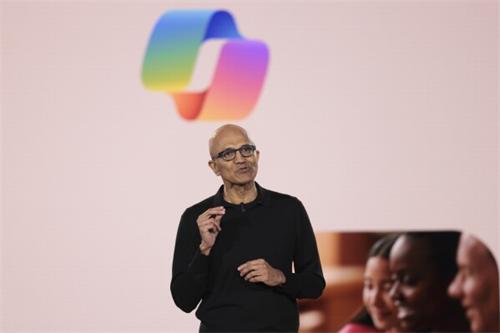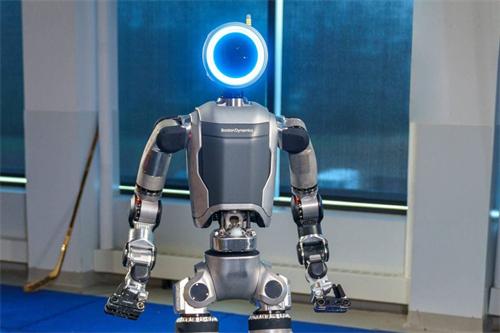Microsoft's Copilot Avatar: When AI Gets a Face (and Why It's Terrifying Users)

At its 50th-anniversary event, Microsoft unveiled a significant update to its AI assistant, Copilot: customizable avatars. This feature allows users to personalize their AI assistant's appearance, including the nostalgic return of Clippy, Microsoft's infamous paperclip assistant from Office 97. The initiative aims to make AI more personal and engaging, signaling broader ambitions to reimagine AI interaction in individualized ways .
The reintroduction of Clippy as a customizable avatar taps into a sense of nostalgia for many users. Once a polarizing figure, Clippy has seen a resurgence in pop culture and internal company references, including a 2021 Twitter campaign that restored it as a paperclip emoji after overwhelming user support. Microsoft's embrace of Clippy represents a humorous and user-friendly approach to making AI more personal and engaging .
Despite the personalization efforts, Microsoft's Copilot has faced criticism over the content it generates. Shane Jones, a principal software engineering manager at Microsoft, raised concerns about the company's AI image generator, Copilot Designer. Jones alleges that the tool lacks safeguards against creating harmful images, including violent and sexual content. He claims his warnings to management were ignored, prompting him to send a detailed letter to both the Federal Trade Commission and Microsoft's board of directors .
Jones's concerns highlight the challenges in ensuring AI tools do not produce inappropriate or offensive content. He specifically warned about potential abuses of Microsoft's Copilot Designer, the AI image generator similar to OpenAI's DALL-E text-to-image prompt. Jones reported that when testing Copilot Designer, he found several safety issues and flaws, including the software's depictions of ... " .
In response to these concerns, Microsoft stated that it is "committed to addressing any and all concerns employees have in accordance with our company policies." The company emphasized that it has established in-product user feedback tools and robust internal reporting channels to properly investigate, prioritize, and remediate any issues. Microsoft also facilitated meetings with product leadership and its Office of Responsible AI to review these reports and is continuously incorporating feedback to strengthen existing safety systems .
As AI continues to evolve, balancing innovation with ethical considerations remains a critical challenge. Microsoft's efforts to personalize AI through avatars like Clippy aim to make technology more relatable and engaging. However, ensuring that AI systems do not produce harmful or inappropriate content is essential to maintain user trust and safety. The company's ongoing commitment to addressing these issues will be pivotal in shaping the future of AI interactions.
Recommend for you:

NASA’s Parker Solar Probe: Igniting a New Era of AI-Driven Space Exploration
NASA’s Parker Solar Probe, launched in 2018, is not only venturing closer to the Sun than any spacecraft before but is also revolutionizing the way we process and utilize space data through advanced artificial intelligence (AI) algorithms.
How Distilled Models Are Revolutionizing AI on Local GPUs?
DeepSeek, a Chinese AI startup, has introduced a groundbreaking solution: distilled AI models that deliver exceptional performance on local GPUs.
AI-Powered Conservation: Revolutionizing the Protection of Endangered Species
In the face of accelerating biodiversity loss, artificial intelligence (AI) has emerged as a transformative tool in wildlife conservation.
Boston Dynamics' Atlas V6: Pioneering Open-Source Balance Algorithms for Global Robotics Innovation
This initiative aims to foster industrial inspection capabilities and cultivate a robust developer ecosystem, marking a new chapter in collaborative robotics innovation.
